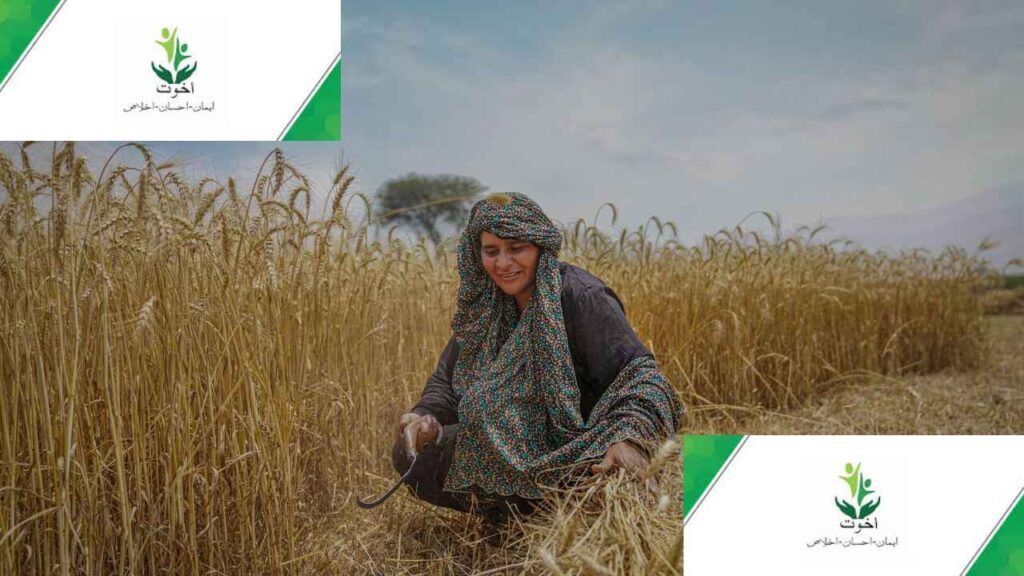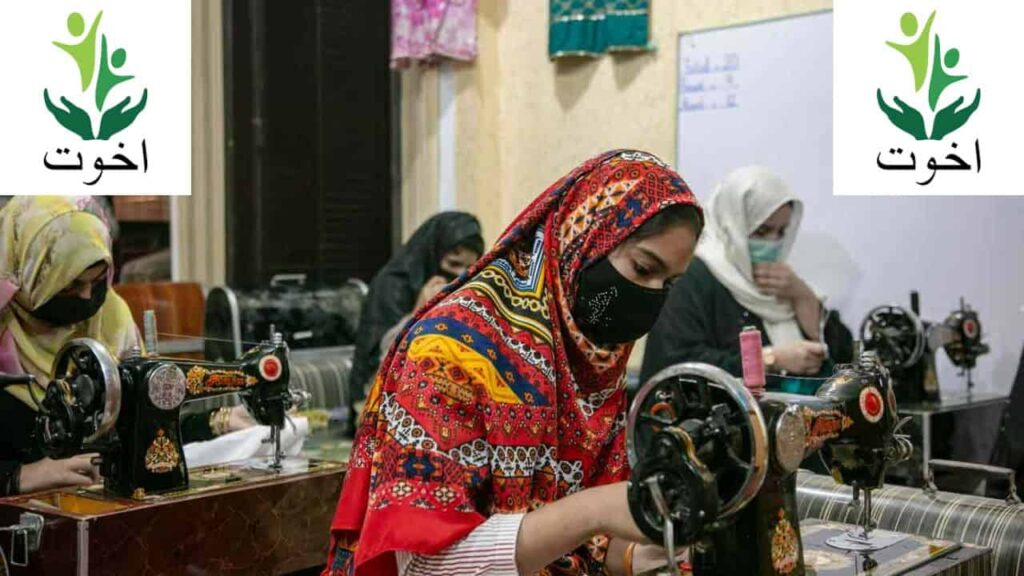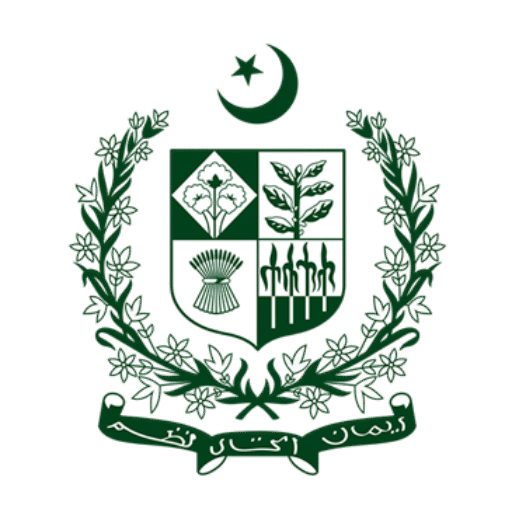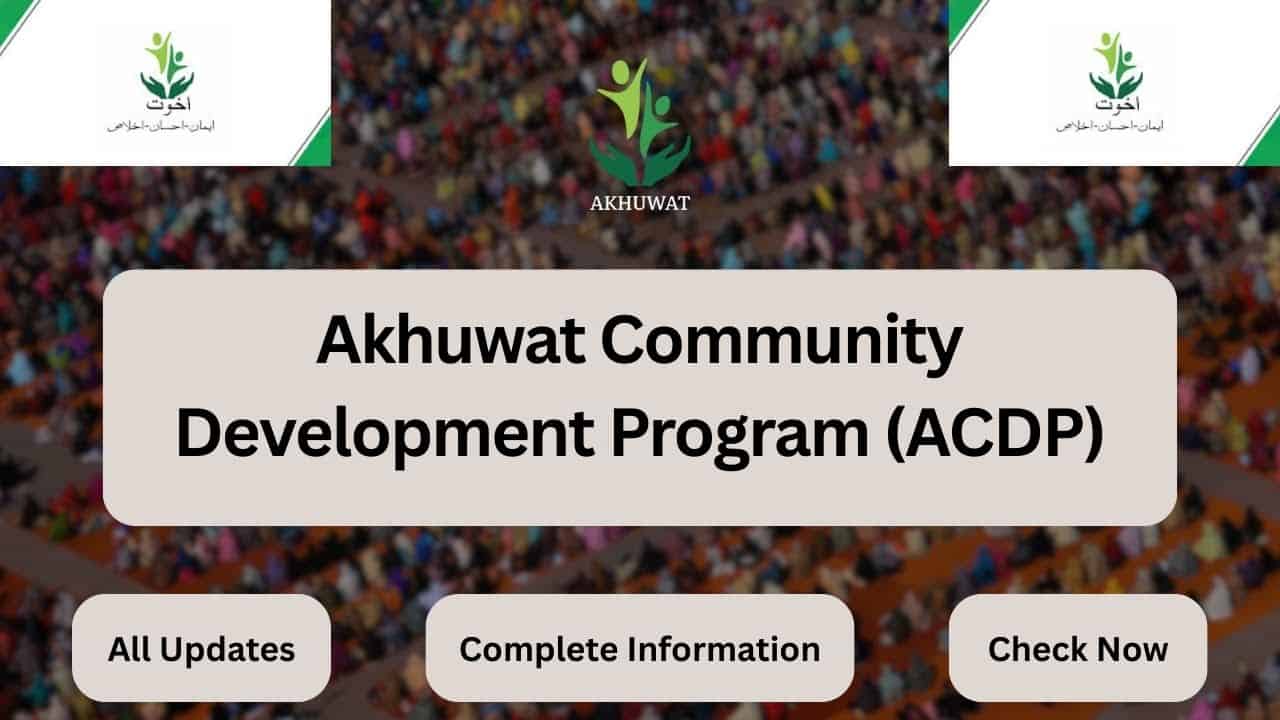Learn about the Akhuwat Community Development Program (ACDP), including the Kasur Mawakhat Program (Rural Development) and Mustafabad Project (Urban Development). Discover its goals, strategies, and impact on poverty alleviation in Pakistan.
Introduction to Akhuwat Community Development Program
The Akhuwat Community Development Program (ACDP) is an initiative by Akhuwat aimed at poverty alleviation and sustainable development in both rural and urban areas of Pakistan. The program follows a participatory development approach, meaning that communities themselves identify problems and propose local solutions.
Akhuwat Community Development Program is divided into two main projects:
- Rural Development: Kasur Mawakhat Program (KMP)
- Urban Development: Mustafabad Mawakhat Project
Through these initiatives, Akhuwat promotes self-reliance, economic empowerment, and social inclusion while aligning with the United Nations Sustainable Development Goals (SDGs).
Rural Development – Kasur Mawakhat Program (KMP)
The Kasur Mawakhat Program (KMP) was launched in 2014 in District Kasur, Pakistan. It worked as a community-led rural development project where local people planned and executed initiatives for their villages.

Key Features of KMP:
- Started in Union Council Marali, District Kasur
- Expanded to seven nearby villages
- Villages were converted into model villages
- Reclamation of saline and waterlogged land for cultivation
- Hundreds of families lifted out of poverty
Timeline: 2014 – 2018 (Successfully completed)
| Aspect | Details |
|---|---|
| Location | Kasur, Pakistan |
| Duration | 2014 – 2018 |
| Approach | Community-led development |
| Achievements | Model villages, land reclamation, poverty alleviation |
Urban Development – Mustafabad Project
The Mustafabad Project focuses on urban development in Kasur. Akhuwat aligns this project with 12 out of 17 United Nations Sustainable Development Goals (SDGs).

Main Initiatives:
- Skill Development Programs – Free IT training and vocational training
- Healthcare Support – Food supplements, better health facilities
- Sanitation Drives – Clean streets and improved waste management
- Renewable Energy & Infrastructure – Interest-free loans for solar panels and toilets
- Community Empowerment – Participation of men and women in decision-making
| Focus Area | Activities |
|---|---|
| Education & Skills | Free IT training, skill-building programs |
| Health & Nutrition | Food supplements, health services |
| Sanitation | Waste management plant, street cleaning |
| Renewable Energy | Interest-free loans for solar panels & toilets |
| Economic Empowerment | Employment opportunities & poverty reduction |
Lessons Learned from Akhuwat Community Development Program
1. Self-Reliance and Self-Help
Encouraging people to identify needs and take initiatives leads to long-term sustainability.
2. Identification of Suitable Stakeholders
Involving trusted local stakeholders ensures successful project implementation.
3. Needs Identification and Goal Determination
Workshops and discussions help communities express their needs and set achievable goals.
4. Community Consultation
A two-way dialogue allows people to share opinions and take ownership of projects.
5. Establishment of Community-Based Organizations (CBOs)
CBOs improve communication, project management, and transparency.
6. Participation in Decision-Making
When people are involved in decisions, they own the process and ensure sustainability (e.g., IT centers, clean water, street cleanliness).
Benefits of Akhuwat Community Development Program
- Poverty alleviation through self-reliant projects
- Employment opportunities via skills training
- Improved healthcare and sanitation facilities
- Access to interest-free microloans for households
- Promotion of education and IT literacy
- Empowerment of both men and women in decision-making
- Sustainable use of renewable energy solutions
FAQs about Akhuwat Community Development Program
Q1. What is the Akhuwat Community Development Program (ACDP)?
ACDP is a poverty alleviation initiative by Akhuwat that focuses on rural and urban development through community-led projects.
Q2. What are the two main projects under ACDP?
The Kasur Mawakhat Program (Rural Development) and Mustafabad Project (Urban Development).
Q3. When was the Kasur Mawakhat Program launched?
It was launched in 2014 in District Kasur and completed successfully in 2018.
Q4. What were the main achievements of KMP?
Villages were converted into model villages, land was reclaimed, and hundreds of families were lifted out of poverty.
Q5. What is the focus of the Mustafabad Project?
It focuses on urban development with emphasis on SDGs like poverty reduction, skill development, sanitation, and renewable energy.
Q6. How does Akhuwat promote self-reliance in communities?
By encouraging people to identify their needs, participate in planning, and manage resources themselves.
Q7. What role do community-based organizations (CBOs) play?
CBOs help in smooth communication, community participation, and project management.
Q8. Does Akhuwat Community Development Program provide financial support?
Yes, interest-free loans are provided for projects like building toilets, installing solar panels, and small business initiatives.
Q9. How does ACDP align with the United Nations SDGs?
The Mustafabad Project covers 12 out of 17 SDGs, including poverty alleviation, education, health, and sanitation.
Q10. Who can benefit from Akhuwat Community Development Program programs?
Both rural and urban communities in Kasur and surrounding areas benefit, with special focus on poor and marginalized families.
Final Words for Akhuwat Community Development Program
The Akhuwat Community Development Program (ACDP) is a remarkable step toward poverty reduction, sustainable development, and community empowerment in Pakistan. By focusing on self-help, skills training, sanitation, renewable energy, and social inclusion, Akhuwat has created a model of development that can be replicated across the country.
Latest Government Schemes
Visit our website for more Updates about Government Schemes : https://pakgovschemes.pk/

